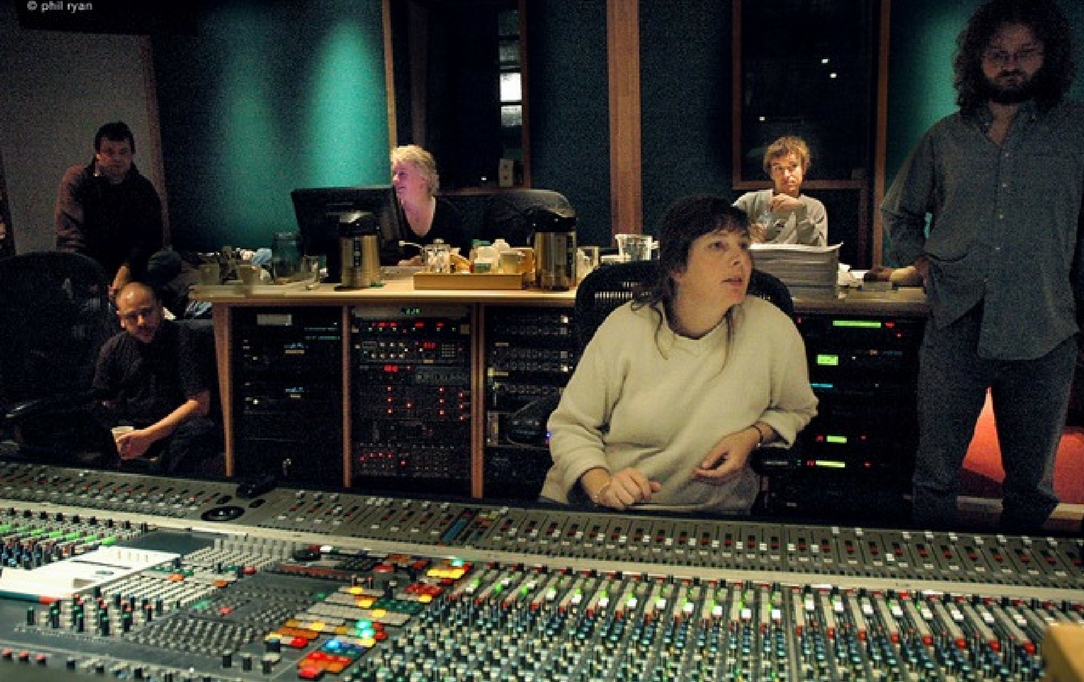Björk and working in a male-dominated world – Kirsten set to inspire next generation of female music producers
Date 26.02.2018

A pioneering producer will reveal to University of Northampton students how she broke into and thrived in the male-dominated music industry – and what it was like to work with Icelandic superstar Björk.
Kirsten Powell, who worked on Björk’s Post and Homogenic albums, will be taking part in a Q&A before leading a mastering workshop with Music undergraduates, when she comes to campus on Wednesday 7 March.
“I worked with Björk quite a while back, at Angel Studios in Islington,” said Kirsten, who has more than 25 years’ experience recording mainly classical and jazz musicians. “We did a few big orchestral sessions. Bjork was amazing – for one song she ended up out on the floor singing live with the orchestra, no vocal booth or screens, nothing. In English and Icelandic – she only had to do one or maybe two takes of each version. Wonderful. She was a lovely, friendly person too.”
Starting out in the industry presented its challenges for Kirsten, who said: “I got into mastering by accident after a few disappointing experiences with projects I had recorded. Good mastering can give your work a whole new perspective, but done badly can suck the life out of it. I already had a good grounding in mastering after working for DeWolfe Music – I just didn’t know it.
“When I first started, it was very unusual to find women working as engineers, especially in Australia where I started. I had to prove I could pull my weight, but then, doesn’t everybody?”
Kirsten is keen to pass on her advice to female students hoping to forge a career in studio production. “Be determined, ask lots of questions, get to know your job thoroughly and then do it confidently,” she said.
“When I first started and was a bit diffident I would walk into the studio and someone would say ‘get us a cup of tea luv, and find the engineer’, so I stopped being so polite. When I stomped in with attitude and started asking them pertinent questions everything worked much better.”
Looking ahead to her masterclass, Kirsten said: “I will explain the way I approach working with SADiE systems to maximise the potential of the mastering process and add scope and lustre to your project. I will look at different mastering experiences and equipment over the years and hopefully answer lots of questions. I’m looking forward to the workshop, and getting to see what the students can do.”